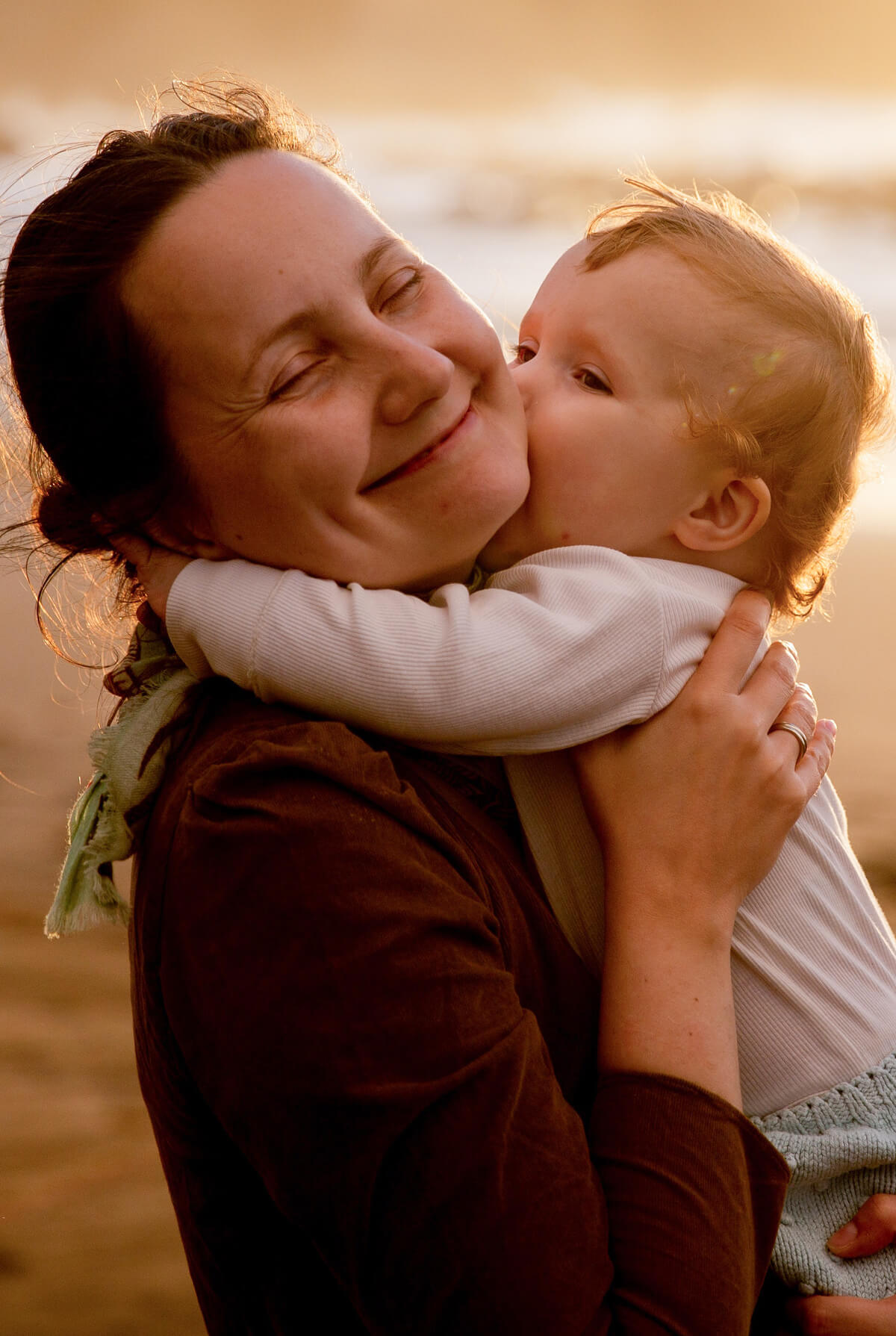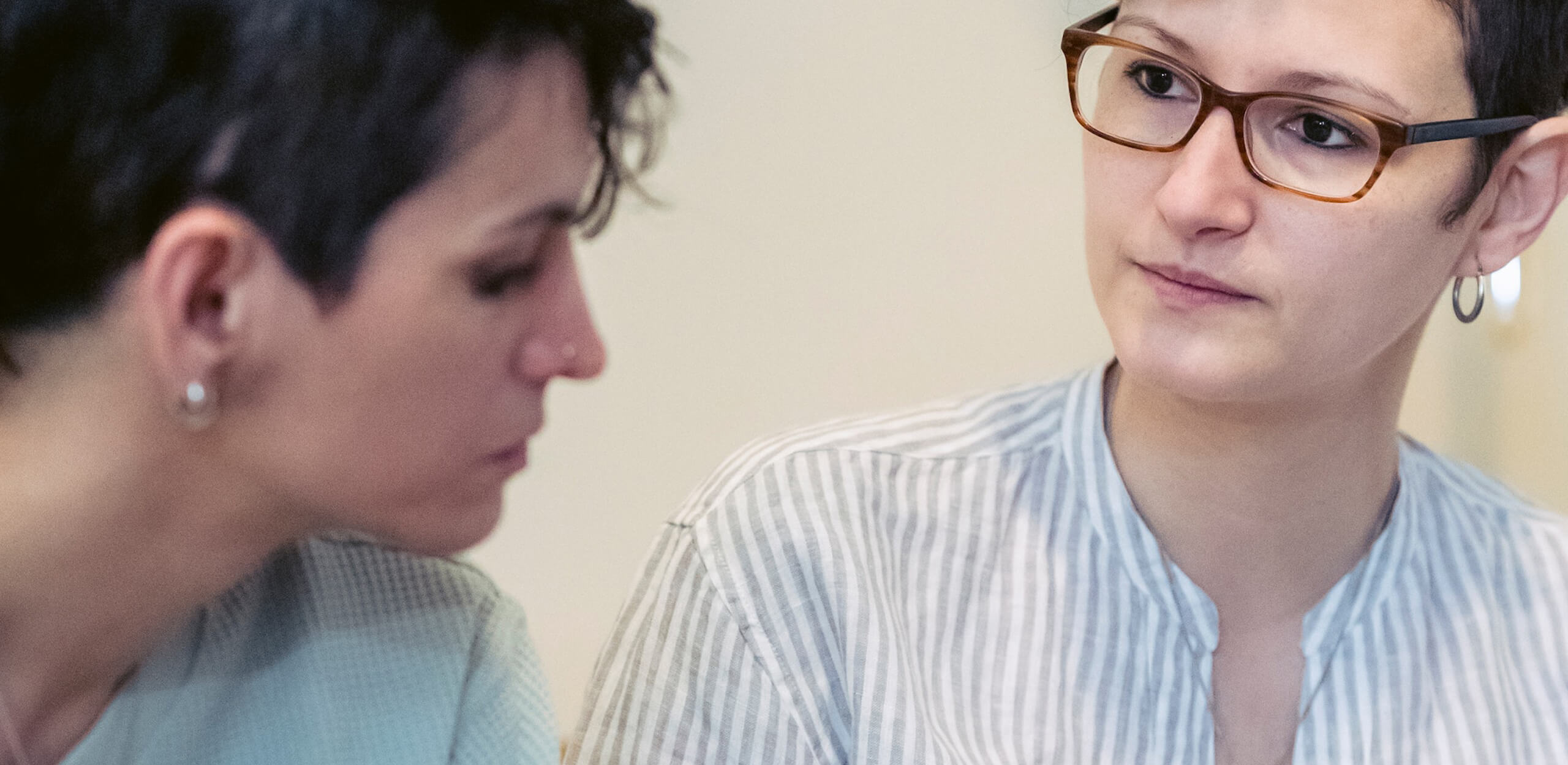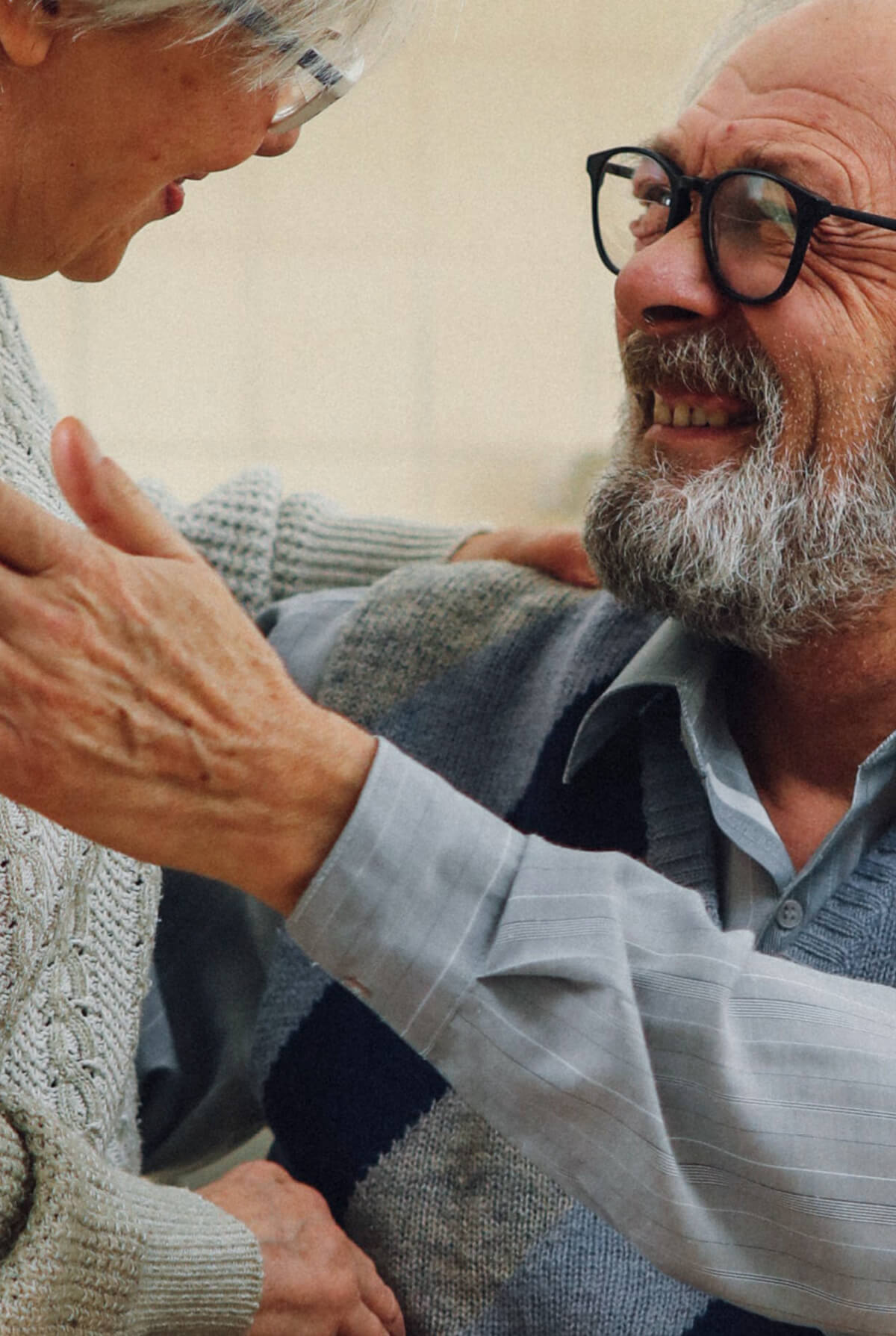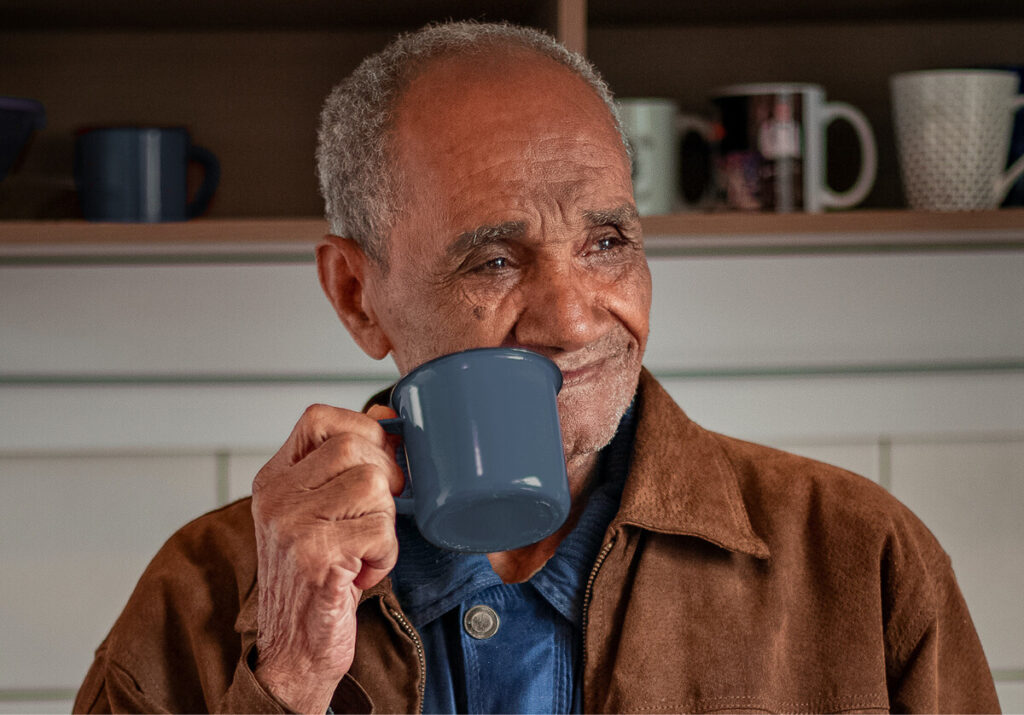We come together as RASA, a not-for-profit organisation that exists on the lands of Kaurna . Tarntanya . Kuntu . Yartapuulti . Warraparinga . Para Wirra . Peramangk . Erawirung . Boandik . Kurdnatta .
RASA recognises the world’s oldest continuous living culture. For more than 65,000 years the original custodians welcomed all people to their Lands. They taught us responsibility, reciprocity and connections to these lands, knowing we are all visitors to these places that we live, work, and enjoy.
We acknowledge the importance of knowing these countries, to recognise the Aboriginal and Torres Strait Islander people, their Elders, their communities, their stories. When we learn about Country we recognise the care for the lands, skies, waters, plants, and animals that has always been a part of Aboriginal cultures.
We come together as RASA,
a not-for-profit organisation that
exists on the lands of
Kaurna . Tarntanya . Kuntu .
Yartapuulti . Warraparinga .
Para Wirra . Peramangk . Erawirung .
Boandik . Kurdnatta .
RASA recognises the world’s oldest
continuous living culture. For more
than 65,000 years the original
custodians welcomed all people to
their Lands. They taught us
responsibility, reciprocity and
connections to these lands,
knowing we are all visitors to these
places that we live, work, and enjoy.
We acknowledge the importance of
knowing these countries, to recognise
the Aboriginal and Torres Strait
Islander people, their Elders,
their communities, their stories.
When we learn about Country we
recognise the care for the lands,
skies, waters, plants, and animals
that has always been a part of
Aboriginal cultures.
We are conscious of our privilege to be here, doing the work that we do.
We understand that this privilege comes from the ongoing violation of these
lands which continues to harm Aboriginal and Torres Strait Islander people's
relationships, health, wellbeing and aspirations.
RASA embraces the opportunity to learn from the knowledge and wisdom of First Nations peoples. The knowledge and wisdom we absorb inspires us to work restoratively,
with open-mindedness and holistically, to foster meaningful change in future lives.
We believe that walking in harmony depends on our ability as an organisation to listen, appreciate, collaborate, learn, and speak up.
We are conscious of our privilege to
be here, doing the work that we do.
We understand that this privilege
comes from the ongoing violation
of these lands which continues to
harm Aboriginal and Torres Strait
Islander people's relationships,
health, wellbeing and aspirations.
RASA embraces the opportunity to
learn from the knowledge and
wisdom of First Nations peoples.
The knowledge and wisdom we
absorb inspires us to work
restoratively, with open-mindedness
and holistically, to foster meaningful
change in future lives.
We believe that walking in harmony
depends on our ability as an
organisation to listen, appreciate,
collaborate, learn, and speak up.
This is, was and always will be, Aboriginal land, water and songlines.
This is, was and always will be,
Aboriginal land, water and songlines.



























































